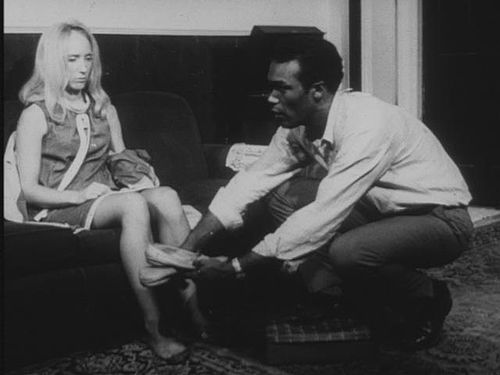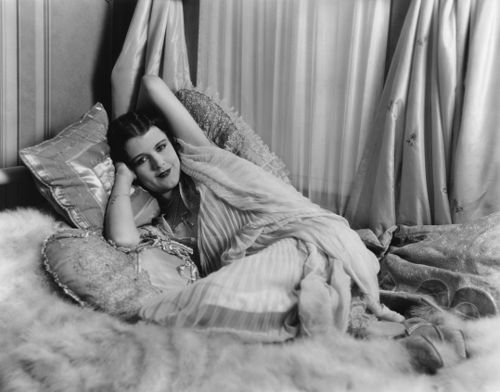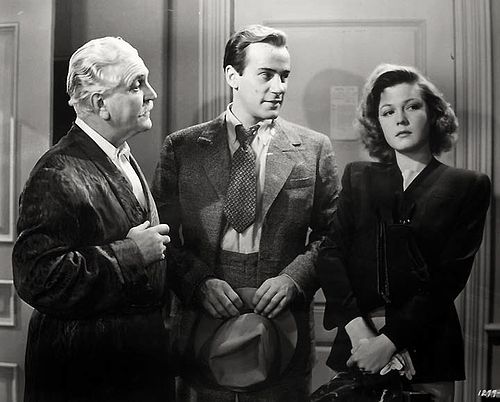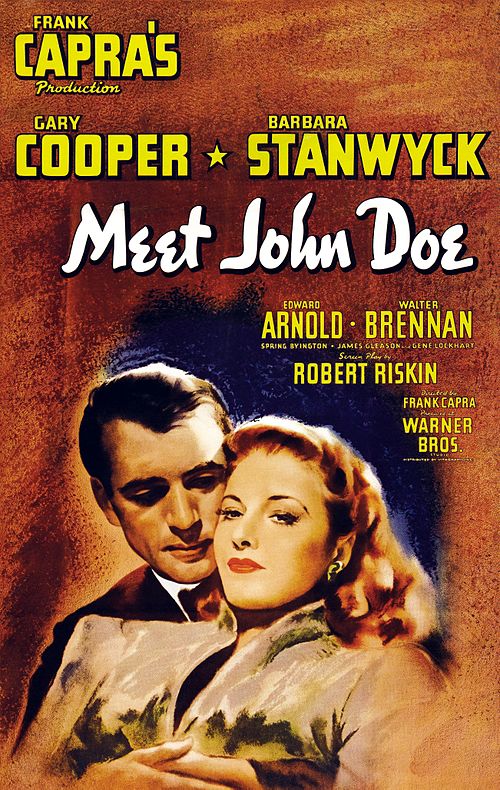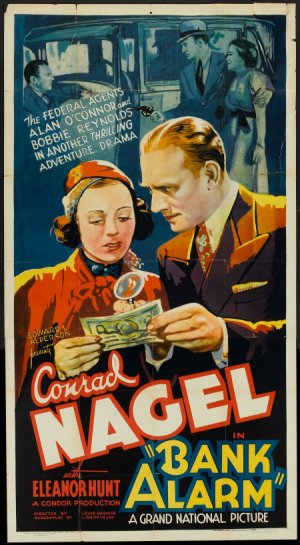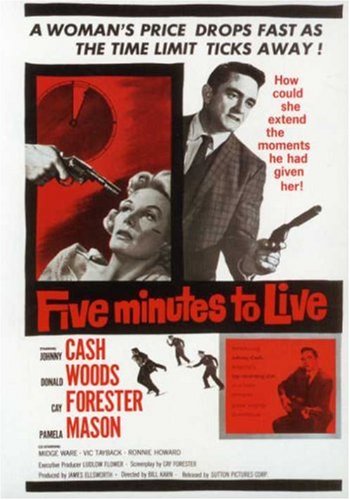Advertisement
Image source: Internet Archive (archive.org)
Download Movie [Video Format: MP4]
Movie Source: Internet Archive (archive.org)
Advertisement
Advertisement
Other Versions of this Movie
Things To Come
1936
A story of 100 years: a decades-long second world war leaves plague and anarchy, then a rational state rebuilds civilization and tries space travel. - IMDB Description
Things to Come (1936) is a British science fiction film produced by Alexander Korda and directed by William Cameron Menzies. The film stars Raymond Massey, Ralph Richardson, Cedric Hardwicke, Pearl Argyle and Margaretta Scott. The cultural historian Christopher Frayling calls Things to Come "a landmark in cinematic design."
The dialogue and plot were devised by H. G. Wells as "a new story" meant to "display" the "social and political forces and possibilities" that he had outlined in 1933 in The Shape of Things to Come, a work he considered less a novel than a "discussion" in fictional form that presented itself as the notes of a 22nd-century diplomat.
Cast
- Raymond Massey as John Cabal/Oswald Cabal
- Edward Chapman (actor) as Pippa Passworthy/Raymond Passworthy
- Ralph Richardson as Rudolf a.k.a. The Boss
- Margaretta Scott as Roxana Black/Rowena Cabal
- Cedric Hardwicke as Theotocopulos
- Maurice Braddell as Dr Edward Harding
- Sophie Stewart as Mrs Cabal
- Derrick De Marney as Richard Gordon
- Ann Todd as Mary Gordon
- Pearl Argyle as Catherine Cabal
- Kenneth Villiers as Maurice Passworthy
- Ivan Brandt as Morden Mitani
- Anne McLaren as Child (2036)
- Patricia Hilliard (actress) as Janet Gordon
- Charles Carson (actor) as Great-Grandfather (2036)
- Patrick Barr as World Transport official
- John Clements as Enemy pilot
- Antony Holles as Simon Burton
- Allan Jeayes as Mr. Cabal (1940)
- Pickles Livingston as Horrie Passworthy
- Abraham Sofaer as Wadsky (man in Rolls-Royce)
;Cast notes
- All of Theotocopulos's scenes were originally shot with Ernest Thesiger in the role, but Wells found his performance to be unsatisfactory, so he was replaced with Cedric Hardwicke and the footage re-shot.
- Terry-Thomas, who would become known for his comic acting, has an uncredited appearance as an extra in the film, playing a "man of the future." It was his seventh film appearance.<></>
Production
Wells is sometimes incorrectly assumed to have had a degree of control over the project that was unprecedented for a screenwriter, and personally supervised nearly every aspect of the film. Posters and the main title bill the film as "H. G. Wells' THINGS TO COME", with "an Alexander Korda production" appearing in smaller type. In fact, Wells ultimately had no control over the finished product, with the result that many scenes, although shot, were either truncated or not included in the finished film. The rough-cut reputedly ran to 130 minutes; the version submitted to the British Board of Film Censors was 117m 13s; it was released as 108m 40s (later cut to 98m 06s) in the UK, and 96m 24s in the United States (see below for later versions). Wells's script—or "film treatment"—and selected production notes were published in book form in 1935, and was reprinted in 1940 and 1975. An academic edition annotated by Leon Stover was published in 2007. The script contains many scenes that were either never filmed, or no longer exist, although the extant footage also includes scenes not in the published script (e.g. the Boss's victory banquet after the capture of the colliery).Wells originally wanted the music to be recorded in advance, and have the film constructed around the music, but this was considered too radical and so the score, by Arthur Bliss, was fitted to the film afterwards in a more conventional way. A concert suite drawn from the film has remained popular; as of 2003, there are about half-a-dozen recordings of it in print.
After filming had already begun, the Hungarian abstract artist László Moholy-Nagy was commissioned to produce some of the effects sequences for re-building of Everytown. Moholy-Nagy's approach was partly to treat it as an abstract light show but only some 90 seconds of material was used, e.g. a protective-suited figure behind corrugated glass. In the autumn of 1975 a researcher found a further four sequences, which had been discarded.< name="frayling"></>
The art design in the film is by Vincent Korda, brother of the director. The futuristic city of 'Everytown' in the film is based on London: a facsimile of St Paul's Cathedral can be seen in the background.</>
Science fiction historian Gary Westfahl has stated: "Things to Come qualifies as the first true masterpiece of science fiction cinema, and those who complain about its awkward pace and uninvolving characters are not understanding Wells's message, which is that the lives and actions of individuals are unimportant when compared to the progress and destiny of the entire human race."
Duration history and surviving versions
The rough-cut of the film was 130 minutes in length, while the version submitted for classification by the British Board of Film Censors (BBFC) was 117m 13s. By the time of the 21 February 1936 UK premiere and initial release, this had been reduced to 108m 41s,< name=Low></> while the American print premiered on 18 April 1936 was further cut to 96m 31s. By late 1936, a 98m 07s print was in circulation in the UK, which, among other measures, amended US copyright law to reinstate copyright on films of non-US origin if they were still in copyright in their country of origin. The URAA was subsequently challenged in Golan v. Holder, initially unsuccessfully, later with partial success, but was ultimately defeated in Golan v. Holder#Golan v. Holder, a Canadian science fiction film from 1979 also very loosely based upon Wells's novelCategory:1936 films
Category:Aviation films
Category:Black-and-white films
Category:British films
Category:British science fiction films
Category:Dystopian films
Category:English-language films
Category:Epic films
Category:Films based on works by H. G. Wells
Category:Films directed by William Cameron Menzies
Category:Films set in 1940
Category:Films set in 1970
Category:Films set in the 2030s
Category:London Films films
Category:Post-apocalyptic films
Category:Pre-1950 science fiction films
Category:Science fiction war films
Category:Screenplays by H. G. Wells
Category:United Artists films
London Film Productions


